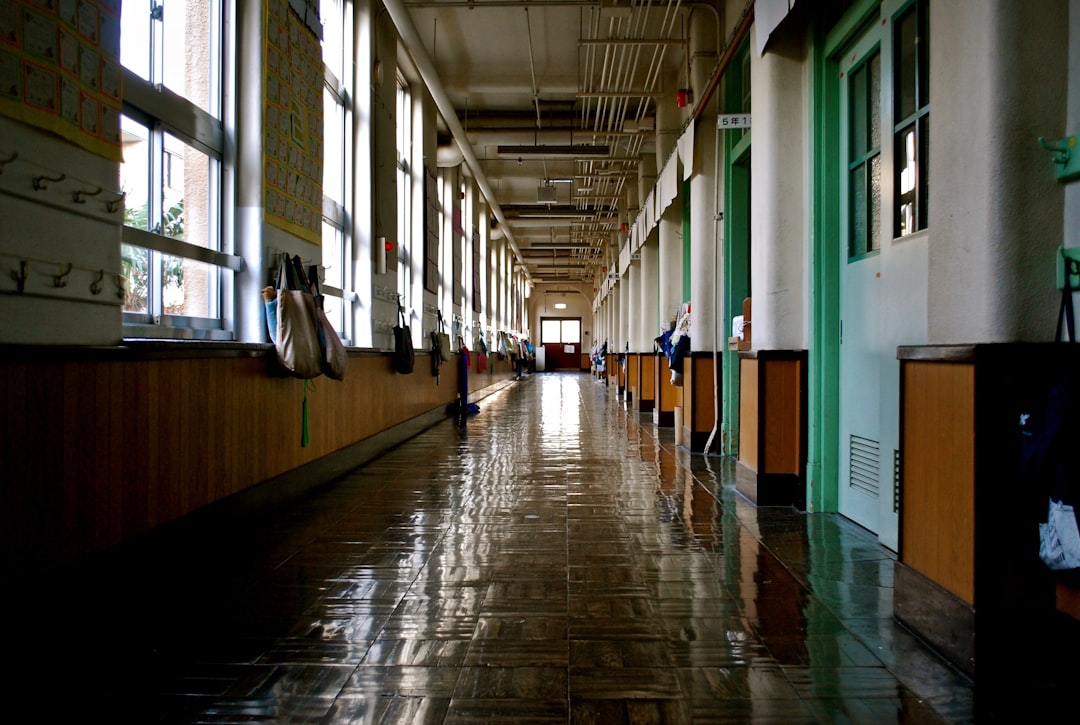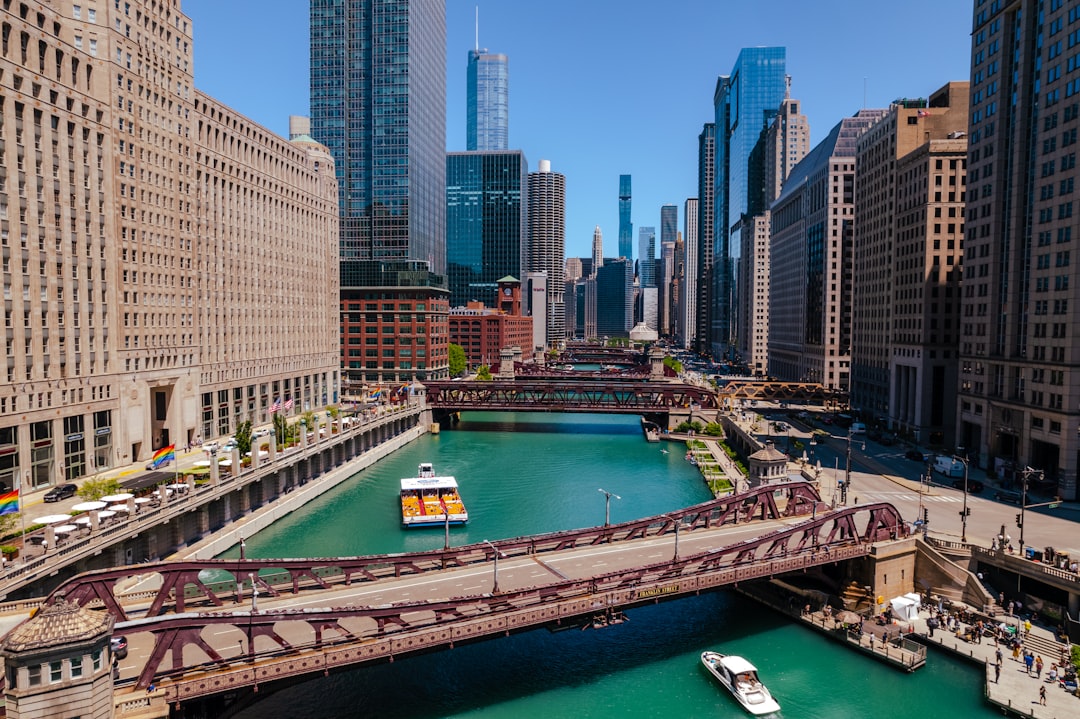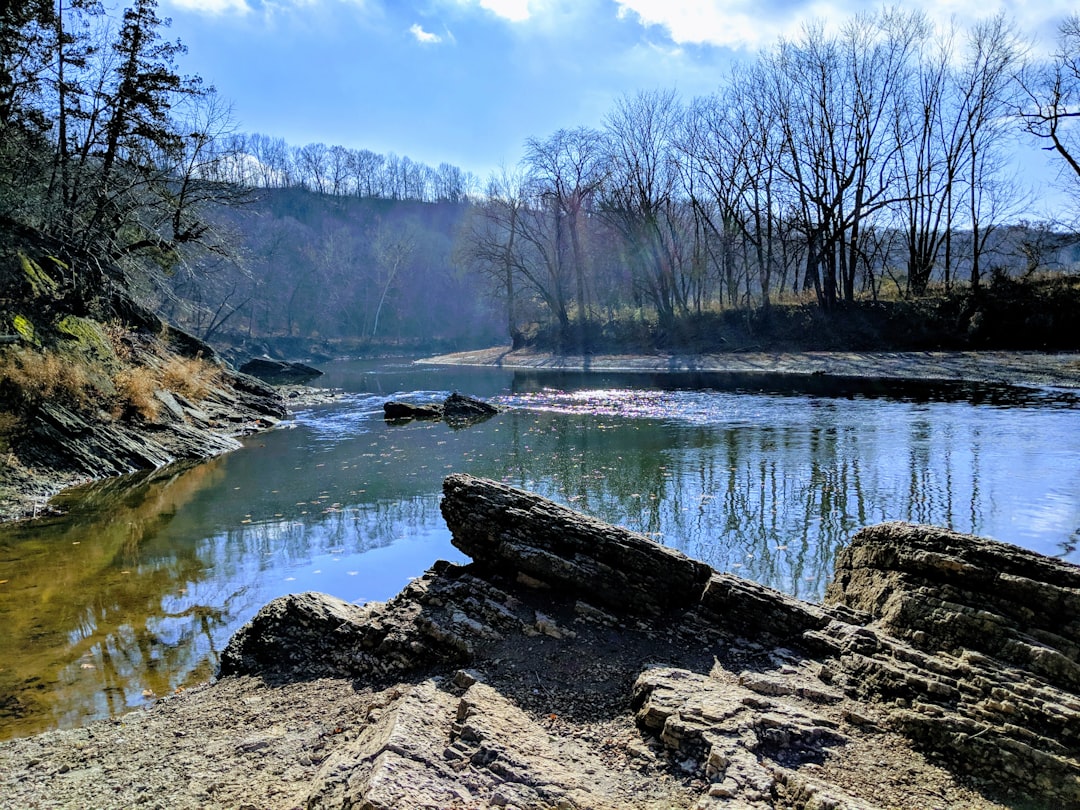Hazing, especially sexual exploitation, is a pressing issue on Illinois college campuses, often hidden under traditional facades. Universities have a legal obligation to ensure safety and take proactive measures against hazing through strong policies, investigations, and accountability. Open dialogues, consent education, and reporting mechanisms are key strategies. Legal loopholes complicate prosecuting hazing-related assaults, making specialized hazing abuse lawyers Illinois vital for victim support and justice. These lawyers advocate for victims' rights, hold universities accountable, and promote safer campus environments through legal actions. Integrating educational initiatives with legal expertise is crucial in combating hazing and fostering cultures of respect and consent.
In Illinois, sexual assault on college campuses has sparked a vital conversation about hazing. “Holding Universities Accountable for Hazing Sexual Assault in Illinois” explores the pervasive issue, delving into the scope of hazing practices and their devastating effects on students. We uncover legal loopholes that hinder victim justice and highlight the critical role of hazing abuse lawyers Illinois. The article further presents effective strategies to ensure educational institutions are held accountable, advocating for a safer academic environment.
Understanding the Scope of Hazing in Universities

Hazing, particularly in a sexual context, is a pervasive issue on college campuses across Illinois. Beyond physical or psychological intimidation, it can encompass non-consensual sexual acts, exploitation, and coercion within social groups or fraternities/sororities. This phenomenon often operates under the guise of tradition or bonding, making it critical for universities to address and prevent such harmful behaviors.
Universities in Illinois have a legal obligation to ensure safe environments for their students. Hazing abuse lawyers emphasize that institutions must implement robust policies, conduct thorough investigations when incidents occur, and hold accountable those who engage in or enable hazing activities. By fostering open dialogues, educating students about consent, and encouraging reporting mechanisms, universities can mitigate the risks of hazing and protect their communities from sexual assault.
Legal Loopholes and Their Impact on Victims' Justice

In the fight against hazing sexual assault in universities, one significant obstacle lies in the form of legal loopholes that often protect institutions and leave victims struggling for justice. These loopholes, which vary across different states, create a safe haven for perpetrators and can deter survivors from coming forward due to fear of retaliation or lack of faith in the legal system. In Illinois, for instance, certain laws allow for a broader definition of consent, making it challenging to prosecute cases involving hazing rituals where alcohol or drugs are involved, as these substances may be used to facilitate the assault while blurring the boundaries of consent.
The presence of such loopholes has profound implications for victims’ rights and safety. Many survivors of hazing abuse in Illinois turn to experienced hazing abuse lawyers who specialize in handling these complex cases. These legal professionals play a crucial role in advocating for their clients, ensuring they receive the justice they deserve and holding universities accountable for their failure to prevent such incidents. By challenging these loopholes through strategic legal actions, victims can find solace, closure, and a sense of accountability, ultimately contributing to a culture where hazing sexual assault is no longer tolerated.
The Role of Hazing Abuse Lawyers Illinois

In the fight against hazing and sexual assault on college campuses, Hazing Abuse Lawyers Illinois play a pivotal role in holding universities accountable. These legal professionals are equipped with the knowledge and expertise to navigate complex laws and policies related to campus safety, student rights, and institutional liability. Their primary objective is to ensure that educational institutions adhere to stringent standards in preventing and addressing hazing-related incidents, especially those involving sexual assault.
Hazing Abuse Lawyers Illinois work tirelessly to protect the interests of victims and promote justice. They guide survivors through legal processes, advocating for their rights and seeking compensation for the trauma they have endured. By holding universities liable, these lawyers contribute to creating a safer environment for students, deterring future instances of hazing abuse, and fostering a culture where accountability is the norm rather than the exception.
Strategies for Holding Educational Institutions Accountable

In the fight against hazing and sexual assault on college campuses, holding universities accountable is a pivotal step. Educational institutions must be proactive in addressing this issue, implementing robust policies and procedures to prevent and address hazing-related abuse. One effective strategy involves mandatory training programs for students, faculty, and staff, raising awareness about consent, healthy relationships, and the severe consequences of hazing. These programs can empower individuals to recognize and report instances of hazing, fostering a culture of accountability on campus.
Additionally, Illinois hazing abuse lawyers play a crucial role in advocating for victims’ rights and ensuring institutions are held legally accountable. They guide survivors through the complex legal process, helping them seek justice and hold guilty parties responsible. By combining educational initiatives and legal expertise, universities can create a comprehensive approach to combat hazing, fostering a safer environment for students and promoting a culture of respect and consent.






